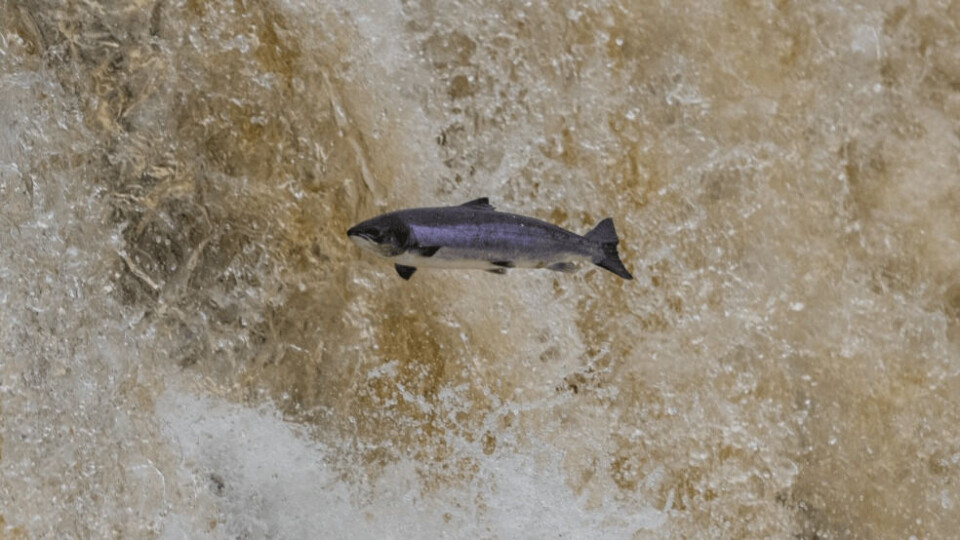
Hatchery-raised salmon 'don’t boost wild numbers'
Captive-bred salmon perform poorly in the wild and do not enhance wild populations, a study by an international team of academics has concluded.
Researchers analysed data on Atlantic salmon from an intensely studied catchment in Burrishoole, County Mayo, Ireland into which varying numbers of captive-bred fish have escaped or been released for restocking and potentially bred over several decades.
Using a molecular pedigree, they found that on average, the lifetime reproductive success of captive-bred individuals was only 36% that of wild-bred individuals.
The overall productivity of the mixed population was also much lower in years where captive-bred fish comprised a greater fraction of potential spawners.
Total offspring
“We looked at the lifetime reproductive success of salmon spawning naturally in the wild. So for each adult fish that returned to the river from the sea, we counted up the total number of offspring they produced across their lives that themselves survived to spawning age,” explained co-lead author Ronan O’Sullivan of University College Cork’s School of Biological, Earth and Environmental Sciences (BEES) and the University’s Environmental Research Institute.
“We used a genetic pedigree coupled with four decades of salmon data from the Marine Institute’s research facility on the Burrishoole catchment.
“The results show that captive-bred fish that are deliberately or inadvertently introduced into the wild contribute fewer offspring to the next generation than wild fish, and therefore are not a substitute for natural wild spawners. Thus, they do not enhance the conservation status of naturally self-sustaining salmon populations.”
Best scientific evidence
Dr Paul Connolly, chief executive of the Marine Institute of Ireland, said: “We welcome the use of Marine Institute data to answer a question of international significance that is relevant to conservation efforts for the culturally iconic Atlantic salmon. This analysis underlines the importance of having long-term biological data to allow management decisions to be based on the best available scientific evidence.”
Researchers say further research is needed to work out exactly what is happening when the wild and captive salmon mix, but they suspect that hybrid offspring produced by mating between captive and wild parents are genetically less well-equipped to deal with life in the river. If true, this means that the widespread release of captive animals into the wild might actually do more harm than good in many cases.
The research team comprised an international group of collaborators based at University College Cork, the Marine Institute, Queen’s University Belfast, the University of Helsinki and the University of Edinburgh.
Their research findings are open access and are published in the journal Proceedings of the Royal Society B.






















































